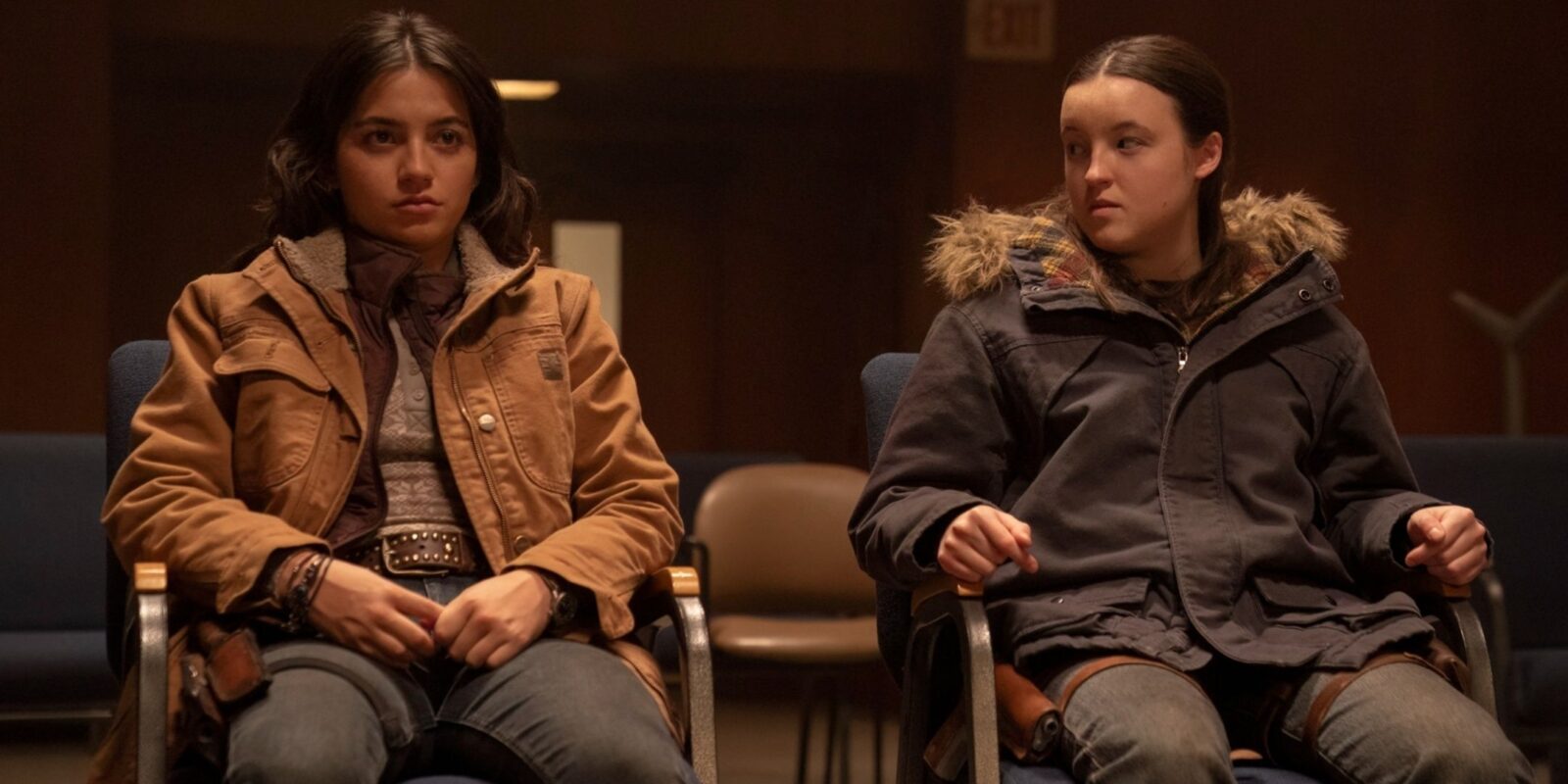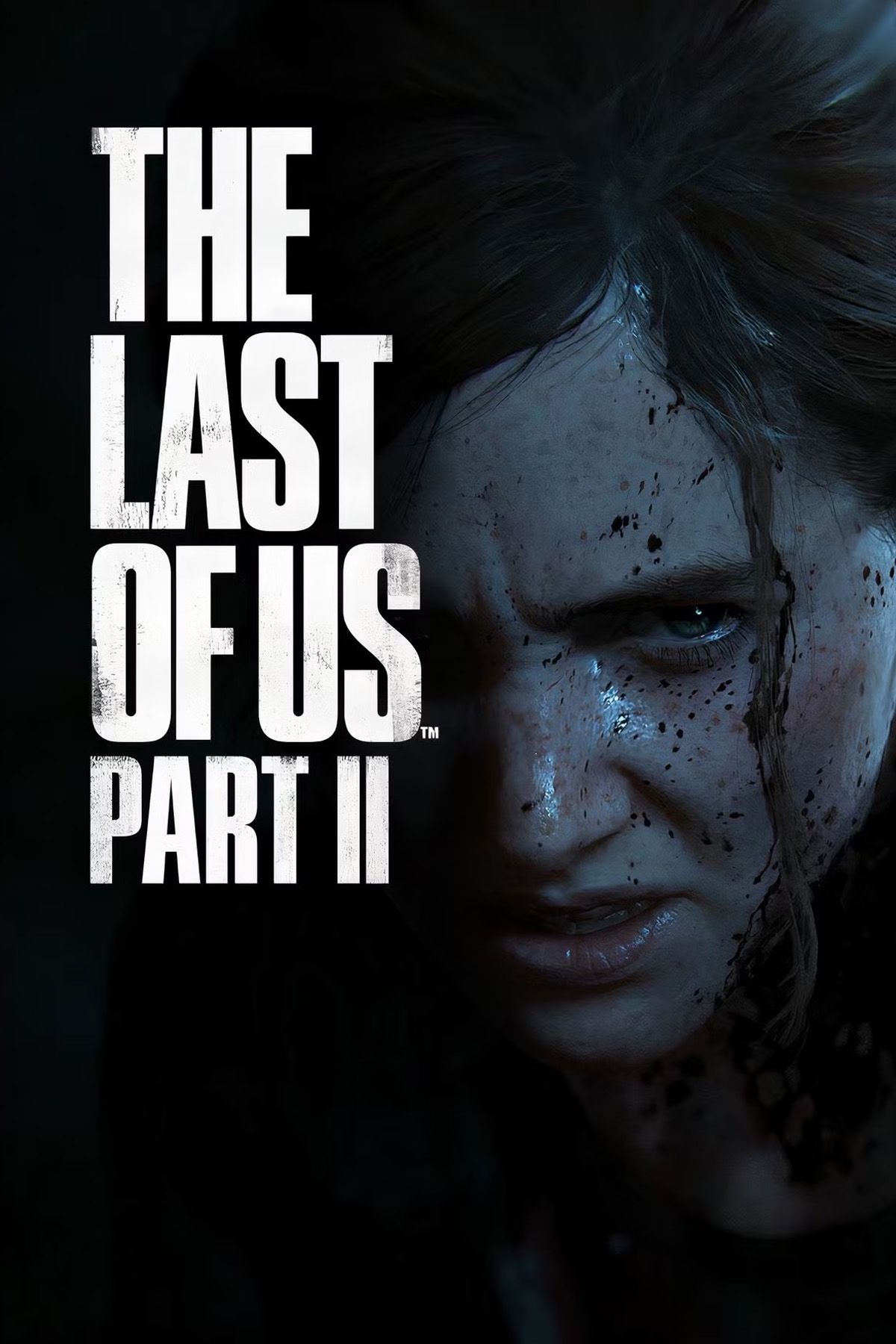It’s easy to make things dirty in video games. You’re dealing with character models that can be altered whenever the narrative or gameplay mechanics demand it, changing throughout the experience to reflect everything you’ve been through. Human actors help bring them to life, but it’s the artists at their desks who do so much of the visual heavy lifting.
When it comes to film and television, especially the latter, it seems harder to express when characters have been through horrendous ordeals and have their appearance altered as a consequence. This goes double during the apocalypse, when characters and locations are supposed to indicate a significant level of wear and tear, a convincing illusion of the society they are trying to survive within.
The Apocalypse Is Supposed To Be Dirty
AMC’s The Walking Dead is one example I always cite when it comes to a lacklustre vision of the apocalypse. In its early seasons, the show did an admittedly fantastic job of showing protagonist Rick Grimes navigating a world which had long fallen victim to the undead.
Watching as he wandered the infested streets of Atlanta, you legitimately felt like he was the last living human in existence, so when a voice calls out of the ether and offers to help, that feeling of hope felt real. It was a beacon of light worth holding onto that would wither away in later seasons, as it became harder and harder to care.
For several seasons, we watched as Rick and friends struggled to survive amidst the ruins of America but never had any trouble when it came to finding clothes or supplies, with such obstacles only ever surfacing when the story needed a point of tension that its villains couldn’t carry.
Speaking of, it felt bizarre to see hundreds of people living in sanctuaries ruled by Negan or The Governor with a blissful ignorance towards the outside. Presumably many of the people here saw the world fall apart just like our main characters did, and here they are acting as if nothing ever happened. It’s hard to believe, and their pristine presentation only makes it so harder to connect with these people as survivors. Unfortunately, I’m getting the same vibe from The Last of Us ahead of its second season premiere on HBO.
Joel And Ellie Have Never Looked Better
The Last of Us Part 2 begins with Ellie and Joel living in Jackson, having called this small yet prosperous commune home for a number of years now. It presents a fairly comfortable existence, especially compared to life outside its walls, where the food is decent, the running water is mostly hot, and there is a comfortable place to rest your head at night.
This way of life was possible thanks to the countless sacrifices of those who came before, and an acknowledgment that, in order to keep this dream alive, everyone needs to pitch in. That means going on patrols to find resources and putting your life on the line against bandits and infected each and every day, so those in charge can gradually transition to how life used to be.
In the game, we see a pub filled with people conversing and eating breakfast, while there is clearly an institutional body doling out rotas and maintaining order in a society where many people still die on a regular basis. It is a dangerous life, but one in which you can find a new purpose instead of spending every single day trying to survive. But everybody still wears the scars of what they’ve been through.
People are dirty, clothes are threadbare, and it feels evident that nobody is taking more than they need. In the show, either because HBO is not as fussed about this sense of realism, to avoid heavy makeup work each day, or to make the show less grey and visually off-putting, things feel unusually sanitised.
Joel goes to therapy, suggesting there exists a healthcare system that goes beyond the needs of treating bullet wounds and bite marks, meaning characters have reached a point where it has become possible to care about their mental health as well as their more pressing physical needs. It’s the sort of thing that’s going to be fascinating for the unfolding narrative, but then you have to contend with whether Joel would even willingly go to a therapist in the first place.
This weekend saw a new trailer release and everything about it looks fantastic. While it is clearly following in the footsteps of the previous season as it adapts scenes and dialogue in a near one-to-one recreation, it also has the opportunity to expand on everything we know. It’s in very good hands, but upon watching the trailer, I couldn’t take my eyes off the mostly untouched faces and immaculate condition of clothing, like they’d just been worn for the first time and weren’t hand-me-downs forced to go through several decades of hardship. It’s a part of this universe I loved in the games, so for an adaptation to abandon it is a shame.
Perhaps it is merely the current state of prestige television right now where everything has to look clear, readable, and of an undeniable high quality. But that shouldn’t stop us from getting down and dirty when the situation calls for it.
















Leave a Reply